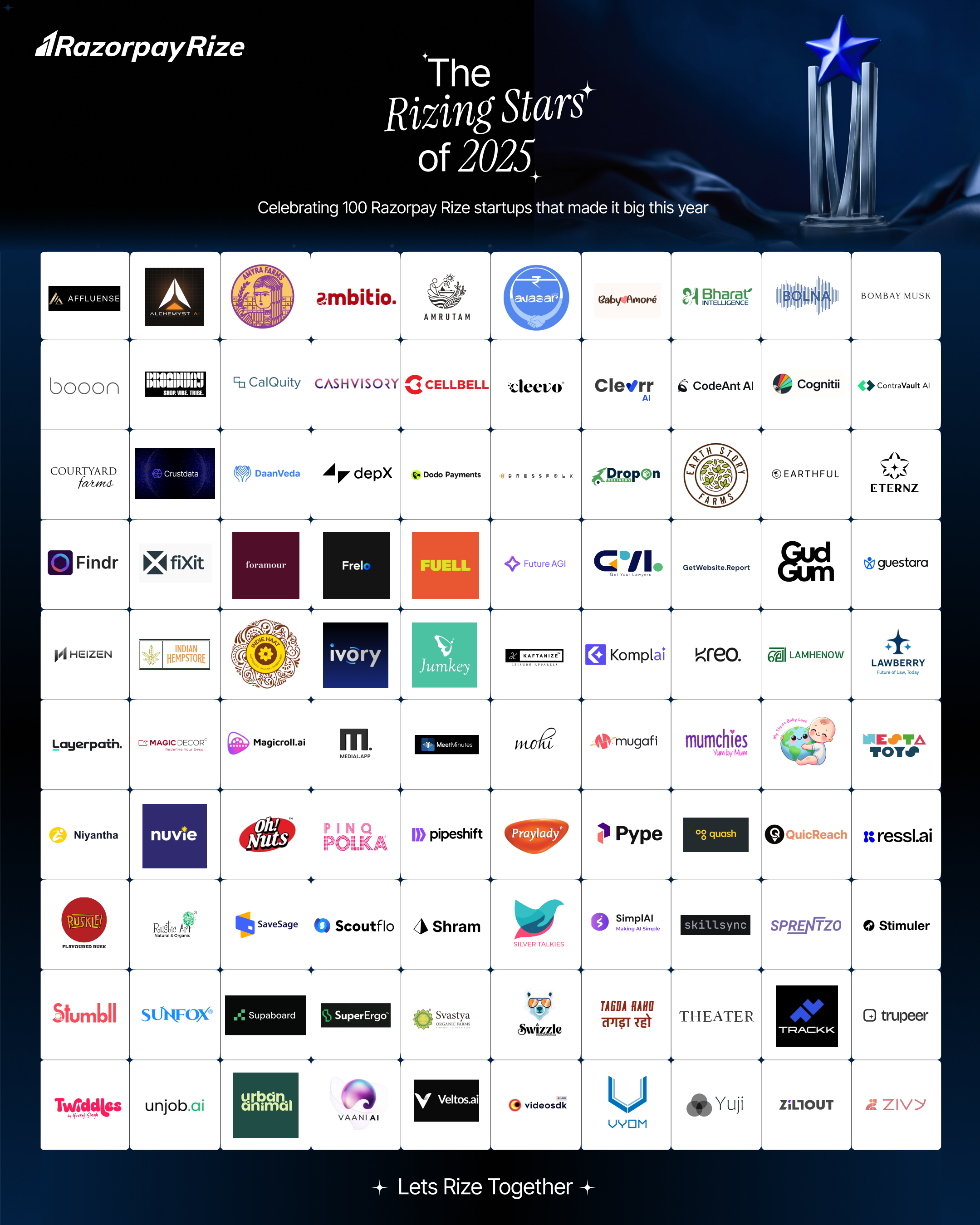As a part of the “Startup India” program, the Startup India Seed Fund Scheme was introduced in 2021 to facilitate the process of creating a robust startup ecosystem and providing financial assistance to startups for proof of concept, prototype development, product trials, market-entry, and commercialization.

Table of Contents
Eligibility
- Should be recognised by DPIIT.
- Startups should not have received more than Rs 10 lakh of monetary support under other significant government schemes.
- The Startup shall have been in existence for no more than two years at the time of application.
- Should be using technology as its core product or service to create innovative solutions in different sectors.
- Must have a business idea to develop the product with a scope of scaling
- According to the Companies Act of 2013 and the SEBI (ICDR) Regulations of 2018, Indian promoters must own at least 51 percent of the company at the time of application to the incubator.
- The seed support is generally available in grants and debt/convertible debentures.
Application procedure for Startups
The application procedure for availing the seed fund from the incubators by the startups under the StartUp India Seed Fund Scheme is as follows:
Startup India Registration
- Go to https://seedfund.startupindia.gov.in/.
- On the top right side of the homepage, click the 'Login' button, then the 'Create an Account' option at the bottom of the "Login" tab.
- The ‘Startup India’ registration page will open.
- After filling out the form, click the 'Register' button.
- An OTP will be sent. Enter the OTP and click the ‘Submit’ button.
Startup India Seed Fund Application
- Go to the website again and click on the ‘Apply Now’ button on the right-hand side of the homepage.
- Click on the ‘Apply Now’ button under the ‘For Startups’ option and log in using the username and password registered.
- The application form will open. Put in all the details, upload the documents, and click on the ‘Submit’ button.
- The application will be submitted for the selection of the startup.
Selection of Startups for the Scheme
The Eligible Incubator will select startups for this scheme based on the following criteria:
- Idea
- Feasibility
- Novelty
- Fund Utilization Plan
- Business Plan
- Presentation
- Potential Impact
Benefits
To register a company in the U.S., several essential criteria must be met.
- Under this scheme, up to Rs 50 lakh in financial assistance will be provided to startups at an early stage through incubators.
- The incubator will disburse the seed fund to an eligible startup:
- As a grant for validation of “prototype development, proof of concept or product trials”- Up to Rs. 20 Lakh
- Investment for commercialization, market-entry, or scaling up through debt-linked instruments - Up to Rs. 50 Lakh - Once incubated, physical infrastructure, testing support, mentoring for prototype or commercialization, human resources, and legal compliances are provided to the startups, all by the incubators.
- For eligible startups, income tax and capital gains tax exemptions are available.
Post funding process
Each incubator must track specific criteria for each beneficiary startup. Every beneficiary startup must present the reports to its incubators periodically. The data is submitted to Startup India in real-time via their web dashboards and further to the EAC quarterly. Each Startup’s return on investment is also reported by the designated incubator.
- Proof of concept
- Prototype development
- Progress of product development & field trials
- Turnover of startup
- Progress of market launch
- Quantum of loan, angel, or VC funding raised
- Jobs created by startup
Frequently Asked Questions
Private Limited Company
(Pvt. Ltd.)
- Service-based businesses
- Businesses looking to issue shares
- Businesses seeking investment through equity-based funding
Limited Liability Partnership
(LLP)
- Professional services
- Firms seeking any capital contribution from Partners
- Firms sharing resources with limited liability
One Person Company
(OPC)
- Freelancers, Small-scale businesses
- Businesses looking for minimal compliance
- Businesses looking for single-ownership
Private Limited Company
(Pvt. Ltd.)
- Service-based businesses
- Businesses looking to issue shares
- Businesses seeking investment through equity-based funding
One Person Company
(OPC)
- Freelancers, Small-scale businesses
- Businesses looking for minimal compliance
- Businesses looking for single-ownership
Private Limited Company
(Pvt. Ltd.)
- Service-based businesses
- Businesses looking to issue shares
- Businesses seeking investment through equity-based funding
Limited Liability Partnership
(LLP)
- Professional services
- Firms seeking any capital contribution from Partners
- Firms sharing resources with limited liability










.png)







